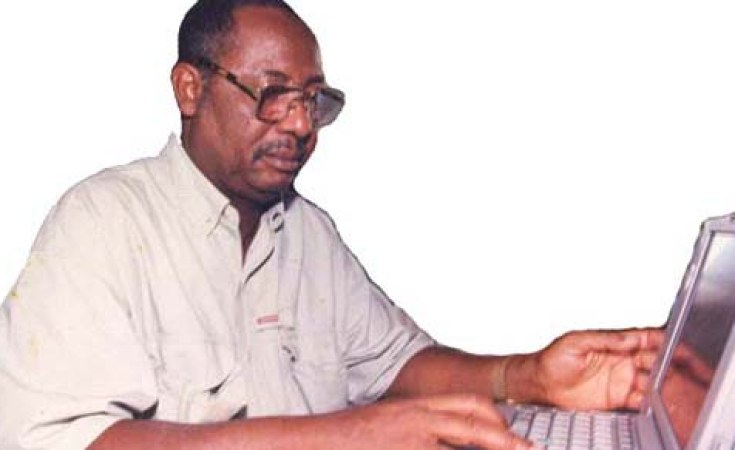Vienna — The International Press Institute (IPI) warmly welcomes news of the release of six Gambian journalists sentenced to a two-year prison term in early August on charges of seditious publication and criminal defamation.
News of a presidential pardon was announced on state-run GRTS television on Thursday evening, local sources told IPI. A statement issued by President Jammeh's office reportedly announced that the six journalists were to be freed "in the name of the holy month of Ramadan."
The journalists, Emil Touray, Sarata Jabbi-Dibba and Pa Modou Fall of the Gambia Press Union (GPU), Pap Saine – who also reports for Reuters - and Ebrima Sawaneh of The Point, and Sam Sarr and Abubakar Saidykhan of Forayaa newspaper, were arrested in June in connection with a GPU statement criticizing comments President Jammeh made on television about murdered journalist Deyda Hydara. Saidykhan was subsequently acquitted.
Hydara, killed in 2004, was co-founder and editor of The Point. As highlighted by IPI's Justice Denied campaign, no one was ever brought to justice for his death, and investigations have stalled. Widespread suspicion persists that he was killed by members of the "Green Boys," an officially disbanded group linked to the president.
On 6 August, the journalists were found guilty of six counts of seditious publication and criminal defamation and sentenced to two years' imprisonment, which they had begun serving at Gambia's notorious Mile 2 prison.
Speaking over the phone, Forayaa publisher and co-editor Halifa Sallah welcomed the pardon and noted that President Jammeh had made the right decision.
But Sallah, who was also briefly detained in connection with the GPU statement, noted: "From the reaction of the public nationally and internationally, we are convinced that across the board no one could justify the incarceration of six journalists for expressing opinions on the murder of a colleague while the murderer was still at large."
IPI Director David Dadge said: "IPI has consistently campaigned for the release of these six journalists. We welcome President Jammeh's decision to heed the cries of the press freedom community. However it must be noted that the charges made against these journalists were trumped-up and outrageous from the beginning and the case should never have reached the inside of a court. The courts should have rejected the case out of hand, rather than the defendants having to wait for the arbitrary mercy of the president."
Speaking with IPI by phone, Alagi Jallow, editor of the now-banned newspaper The Independent, celebrated the news of his former colleagues' release.
"Definitely it is a sign of relief for those people who have joined their families and media families," he said. "The presidential pardon was a good move, because Mile 2 is no place for journalists."
Jallow, who was forced to flee the Gambia after Hydara's murder, and who is now living under asylum in the United States, was exultant. "Everybody in Gambia is happy today!" he said.
In the weeks since the six journalists were imprisoned, reports of health issues and poor treatment had raised concerns for the reporters' well-being.
Authorities reportedly took Sarata Jabbi-Dibba's seven-month old baby away from her on 8 August for a "routine medical examination;" the child, who is still breastfeeding, was not returned to its mother until 15 August. Pap Saine reportedly suffers from a heart condition that should be treated with a pace-maker.
In August, local news sources reported that Saine had been moved to hospital for treatment, and that he was in danger of dying if he remained in prison, where conditions are reportedly pitiful.
Also, in late July, authorities revived unrelated charges of publishing "false information" against Saine, stemming from a 30 January article he wrote in The Point describing a diplomatic reshuffle at the Gambian embassy in Washington D.C.


